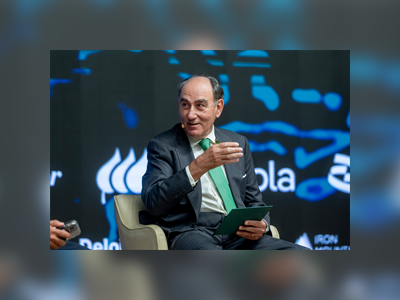Björn Borg Breaks Silence: Memoir Reveals Addiction, Shame and Cancer Battle
At age sixty-nine, Björn Borg has issued one of the most affecting chapters of his life in the forthcoming memoir Heartbeats, telling of years spent struggling with depression, substance abuse, and more recently, a prostate cancer diagnosis. His revelations offer a raw portrait of what lay behind the composed exterior of one of tennis’s greatest champions.
Borg recounts that after his unexpected retirement at age twenty-five (some sources say twenty-six), following losses in the 1981 finals at Wimbledon and the U.S. Open to rival John McEnroe, he sank into emotional turmoil. He writes of attempts to “escape” using alcohol, drugs, and pills, and reveals two hospitalisations from overdoses—including a near-fatal episode in the Netherlands in the 1990s, where he woke in hospital and saw his father at his bedside, overwhelmed with shame. Panic attacks also surfaced during these years, tied to the loss of identity that came after quitting the sport.
The memoir also shines light on Borg’s health battle: diagnosed in 2023 with what he describes as an “extremely aggressive” form of prostate cancer, he underwent surgery in 2024 and is now in remission. He is under regular six-monthly check-ups and says he must live “day by day,” having long been accustomed to fighting in silence.
Known to few as anything other than “Ice-Borg” for his composure on the court, Borg says that calmness was never effortless but grew from a childhood bent under intense expectations. He admits that early fame isolated him, that he had no support network once away from tennis, and that his victory and rivalry years could not compensate for a loss of purpose.
Heartbeats is co-written with his wife Patricia Östfeld, and includes Borg’s reflections on love, friendships, fame, regrets and the unique pressure of early stardom. He also revisits a brief return attempt in the early 1990s, played with outdated equipment and without success, not for triumph but for survival. The memoir will be released in the U.S. on September twenty-third and already has readers braced for its emotional power.
Borg concludes with a message of cautious hope: that transparency may heal, that life after catastrophe is possible, and that inner strength, once forged, can endure even unfamiliar battles.










